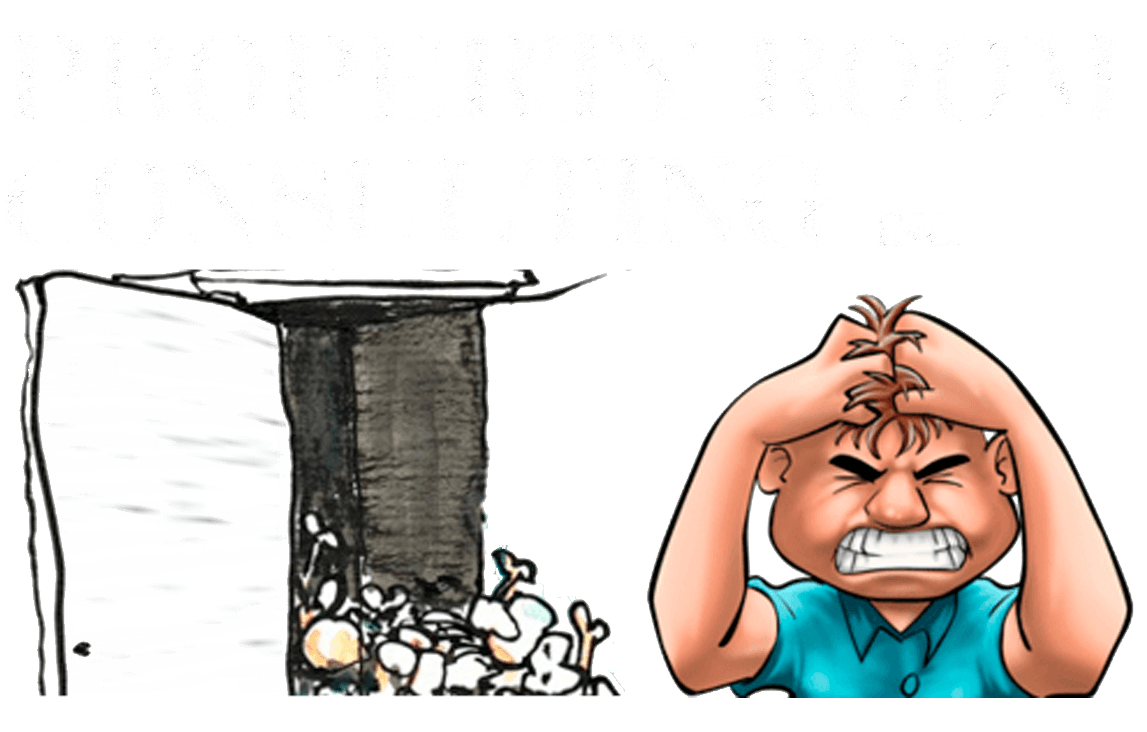Understanding the Different Types of Audit Evidence
Auditing is a critical part of any business and its financial processes. For many organizations, there needs to be quality assurance when it comes to their finances, so they rely on an auditor’s expertise to complete the necessary auditing tasks.
If you’ve ever wondered what goes into an audit, one important key element is audit evidence. Audit evidence serves as the backbone for any successful audit process; without proper documentation and evidence, organizations may not be able to rest assured that their finances are accurate and in compliance with applicable rules or laws. In this blog post, we’ll discuss some of the main types of audit evidence available in order to help better understand how auditing works, from gathering data all the way through issuing findings.
What is Audit Evidence? And why is it important to an audit process?
Audit evidence is an important part of the auditing process, as it helps to verify the accuracy of financial statements and can be used to assess a company’s internal controls. It is any information that is collected from both internal and external sources related to financial transactions, policies, and processes. This could include records such as inventory balances or contracts and invoices, but also documents such as board minutes or employee policies. Auditors use this evidence to identify areas where errors or fraud may have occurred. By doing so, they can help ensure that businesses are compliant with relevant standards while being transparent in their financial reporting.
Documentary Evidence
Documentary evidence is just as it sounds – any type of document that provides proof or information related to a transaction. This could include bank statements, contracts, invoices, and other forms of financial records. Documentary evidence can be used to verify the accuracy of transactions and to assess any potential discrepancies in the data.
Electronic Evidence
Electronic evidence, such as emails and digital records, is becoming increasingly important in court proceedings. Although once databases were comprised mainly of paper documents, digital evidence management has become a necessity in order to meet the rules and regulations surrounding digital files. Computer logs are invaluable for providing information about who had accessed what and when helping to authenticate digital evidence with certainty. As digital evidence becomes more complex, digital forensic experts can help interpret computer logs to compile an accurate picture of the digital activity surrounding any given case.
Outgoing Communication Evidence
Maintaining a digital log of outgoing communication evidence can make it easier for businesses to keep track of their transactions with clients. Sending payment confirmations and letters is beneficial for businesses as digital evidence management ensures that their records like these are well-stored and up-to-date. Digital evidence management provides an excellent way to stay organized while delivering important correspondence to customers, granting them the assurance that their transactions have been taken into account.
Physical Evidence
Physical evidence is one of the most reliable ways to relay information about the inner workings of a business or organization. Whether it is an inventory report, data from any special equipment, or interviews with personnel, physical evidence can provide an accurate and thorough look at what’s going on under the surface.
Every business should take advantage of this as much as possible in order to guarantee that processes are running smoothly and that there are no problems that need to be addressed. Having regular inspections and evaluations based on tangible pieces of evidence rather than just relying on guesswork, assumptions, or other forms of anecdotal information can help ensure that you have all the facts needed to make informed decisions.
Analytical Evidence
Analyzing a company’s financial trends over time can provide deep insight into its performance and the potential areas of its growth. It enables investors, analysts and other decision-makers to assess the financial standing of an organization in a precise and effective manner. Furthermore, examining different financial parameters such as sales, operating costs, taxes, and start-up capital allows one to make sound decisions using an evidence-based approach. This kind of analytical evidence provides an invaluable tool in helping companies to maximize their revenues while minimizing risks.
Audit evidence is invaluable to the audit process. From paper documents to physical evidence, it’s an important source of information for both internal and external auditors. Though the different types of evidence can seem overwhelming, understanding the purpose and relevance of each one can help alleviate any anxiety surrounding the process.
Electronic, outgoing communication and physical evidence are especially useful in verifying that transactions have occurred in accordance with policies and procedures. Analytical evidence also adds value by allowing auditors to identify trends and anomalies in financial documents. By gathering paper records, digital data, and various types of tangible items, auditors are able to create a comprehensive picture of an organization’s operations which helps them provide more reliability assurance during their audit engagements.
Offer law enforcement property evidence room solutions
Related Posts

Purge Services: Why Evidence Room Purges Are Necessary


